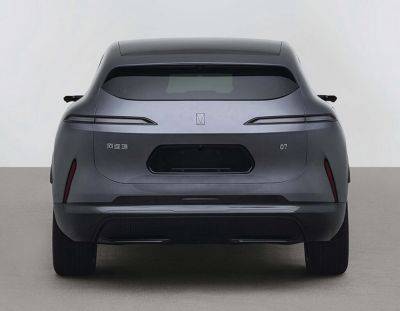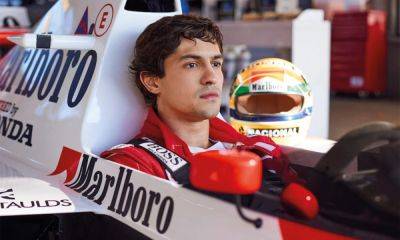How Sega Tried to Soothe Ayrton Senna’s Mourning Fans With a Video Game
There's one line in the 2010 Senna documentary we've all seen that gets me every time, driving me to tears if I wasn't already crying. «Brazilian people need food, education, health, and a little bit of joy,» a woman says. «And now that joy is gone.» It's a sentiment that not only perfectly encapsulates the grief of an entire nation, but the indignation, too. Today, three decades removed from Ayrton Senna's fatal crash, the shock has long since dissipated, but the pain is timeless.
Japan's adoration of Senna was second only to his homeland's. Japanese Formula 1 broadcasters addressed the camera live from the pit lane of the 1994 San Marino Grand Prix to announce Senna's death, struggling to hold back tears. My colleague José reminded me of this poster drawn by legendary manga artist Akira Toriyama, who only recently passed in March, depicting the first family of Dragon Ball Z posing with Senna's championship-winning McLaren MP4/5B.
It's perhaps for this reason that almost exactly a year after Senna's death, Sega—the Japanese video game company that had previously partnered with the superstar to develop an F1 sim years earlier—released a parting gift only in Japan to soothe mourning fans called Ayrton Senna Personal Talk: Message for the Future. It wasn't technically a game, but rather a three-hour collection of interviews from 1987, 1988, 1990, and 1993 conducted by Yoshitoshi Sakurai, Honda's then-director of F1 operations, perfectly spanning Senna's tenure at McLaren. The very first clip, in fact, pertains to Senna's hopes and expectations as he sets to leave Lotus for the Marlboro-sponsored team, where he'd of course win all his three championships.
The one thing you pick up on quickly with Personal Talk is that while there is a visual component—mostly photographs taken during these interviews—there's no video. These are pretty much audio recordings with a cadence of repeating stills, that play in chunks of a few minutes at a time. The interactive sequences between the clips, when you're choosing what to listen to next, are set in a home, while the interviews themselves kept in books labeled «Personal Talks.» When one clip's finished, you flip a page to move







